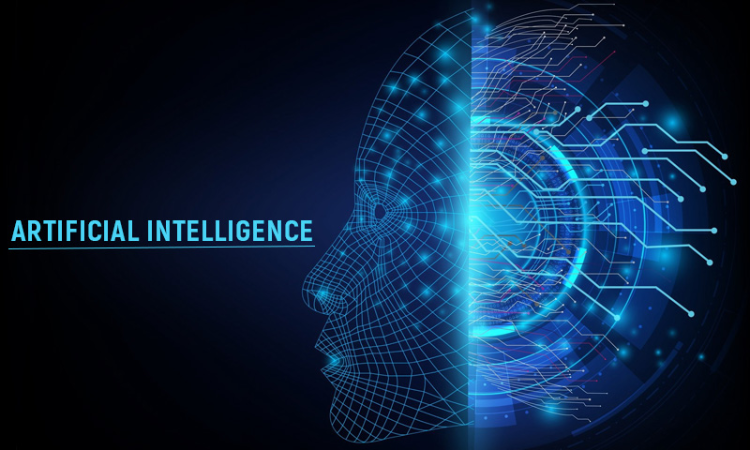Next Story
22 March 2024 8:15 PM IST
The European Parliament has voted in favor of the EU AI Act. Lead MEP Brandi Benifei celebrated the momentous occasion, emphasizing the Act's role in mitigating risks, fostering opportunities, combating discrimination, and ensuring transparency in artificial intelligence practices. With 523 votes in favor, the majority of MEPs endorsed the regulation, while 46 voted against...

